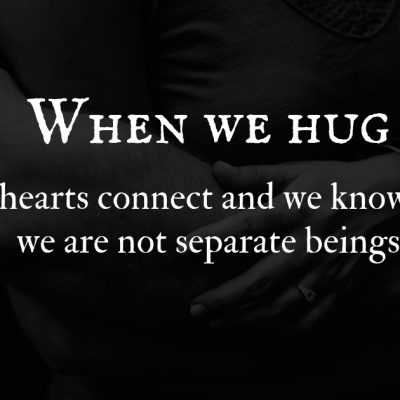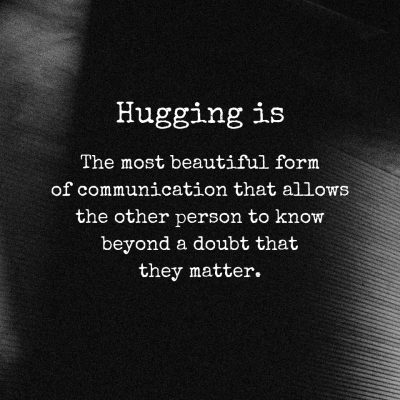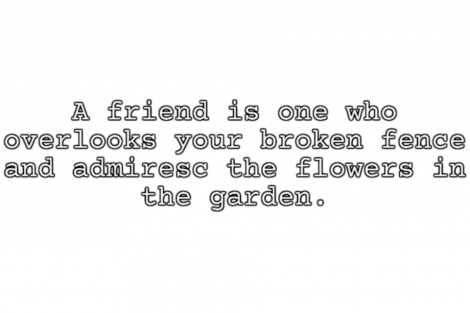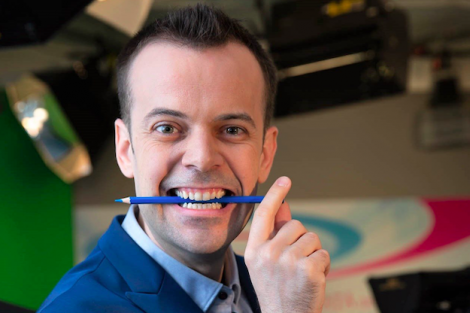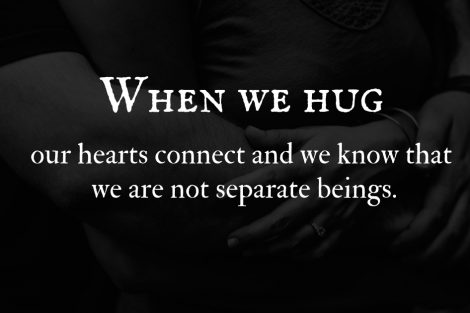Self-esteem is generally the image we have of ourselves. By image, we understand the totality of our beliefs, habits, thought patterns, as well as self-evaluations. One person can have a positive self-esteem which means they see themselves in relatively good terms.
This type of self-esteem is healthy, constructive and creative and can further strengthen relationships with others. These people are usually confident, they practice self-love every day and find it easy to rely on their own instincts and decisions.
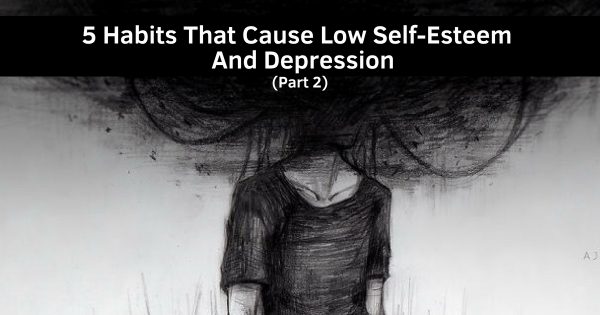
To sum it up, they feel they are worthy of love and respect. A good self-esteem leads to self-acceptance too, which is a deeper layer. This is what will give us a sense of contentment, of being at peace with ourselves.
MORE: 6 Ways Emotionally Intelligent People Deal With Toxic People
There is also what psychologists call negative or low self-esteem. This is often typical of people who did not receive love, care and support while growing up. Or who had parents whose love was always conditional and who made their children feel they had to prove themselves. This is the main reason why these children turned into adults who are in constant need of approval. This is also why we feel we have to earn love, respect or admiration in our adult relationships.
This type of self-esteem is, needless to say, unhealthy and destructive. People with low self-esteem usually suffer from codependency in romantic relationships and are a greater risk for developing mental illnesses like depression and anxiety. Dealing with a negative self-image can be extremely harmful as it encourages ruminating and overthinking, which not only reflect this image, but reinforce it.
These are 5 more toxic habits that can make you feel sad, anxious, hopeless, depressed or angry. You may read part 1 here.
1. Ignoring your wants and needs
When in a relation of codependency with a parent or a partner, we tend to accommodate the other’s feelings first. This will lead to alienating us from our genuine wants and needs and keep us in a state of dependency and even neediness. We become needy when we don’t address our emotional needs and cater to those of everyone else’s instead.
MORE: 5 Habits Of Emotionally Intelligent People – How Many Do You Have?
2. Doubting your instincts and decisions
Low self-esteem comes with excruciating self-doubting, which in turn will make us feel even less worthy. This is often the case with people whose parents didn’t instill a sense of self-reliance into their children.
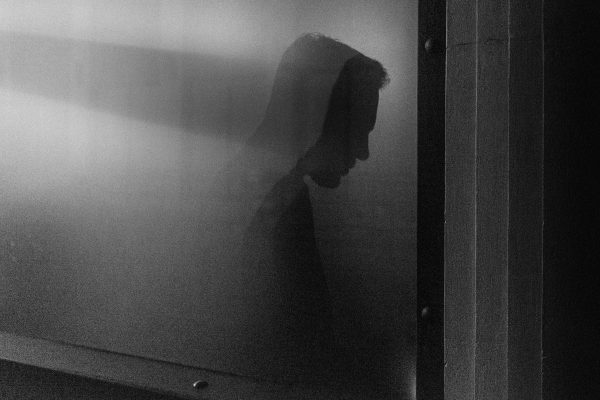 3. Not setting boundaries and allowing abuse, criticism or exploitation
3. Not setting boundaries and allowing abuse, criticism or exploitation
Setting boundaries is about deciding for yourself when to say “no”. This is an indicative of the sense of self-worth you have. When we don’t feel we deserve love and respect, we are more vulnerable to being emotionally abused.
4. Torturing yourself with “shoulda, woulda, coulda” thoughts
Feeling in a permanent state of insecurity can lead you to such maddening thoughts. What matters is if you believe them to be true or not.
MORE: 10 Telling Signs You Are An Emotionally Intelligent Person
5. Refusing to forgive yourself
This is one of the most troubling self-inflicting wound. We cannot forgive ourselves for past mistakes, yet crave for others to forgive us.
Fortunately, we can work on our self-esteem and along with it, our self-fulfillment. Research has found that cognitive-behavioral therapy (CBT) is effective in treating low self-esteem, codependency and depression.
Please share!



